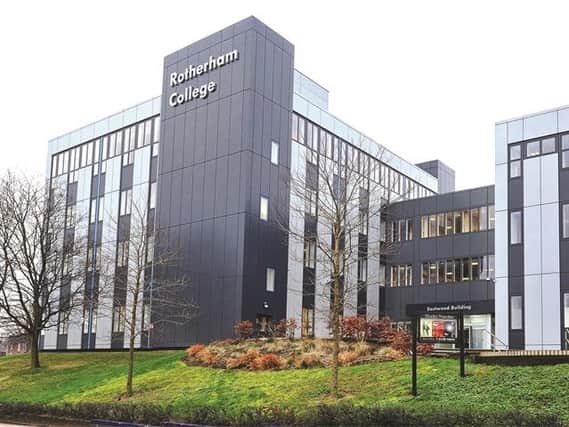Students are volunteering at community centres to help overcome Rotherham's 'digital exclusion' woes


Older people, those with learning disabilities or long-term conditions and disadvantaged young people were are most likely to miss out, the research and survey learned.
Digital exclusion is where a part of the population has less access to important information or support because of a lack of IT equipment or knowledge.
Advertisement
Advertisement
Some areas of the borough at high risk of this inequality – because of a combination of deprivation and poor internet infrastructure – include East Herringthorpe, Thrybergh, Maltby East and Rotherham town centre.
A report going to Rotherham Council’s cabinet on Monday admits: “There is no single solution to improving digital inclusion as technology is constantly evolving at speed.
“These findings confirm that digital exclusion remains a challenge in Rotherham, contributing to educational and economic disadvantage, health inequalities and increased social isolation.
“If action is not taken, some communities will continue to face digital inequality and be unable to overcome the barriers that prevent them from being able to access/do things online that others take for granted.”
Advertisement
Advertisement
The Rotherham Place Digital Inclusion Programme was established two years ago using a £200,000 NHS grant and £250,000 of RMBC cash.
The aim is to work with partners and the voluntary sector to support community engagement and bring more people into the online world.
A volunteer programme has been developed with RNN Group in which students studying digital qualifications volunteer as “champions” helping adults make better use of technology. Ten community groups have signed up for the pilot project, with students matched to nearby sessions to minimise travel.
Feedback so far has been “overwhelmingly positive,” Rotherham Council says, with the volunteers boosting their confidence and communication skills, the groups being glad of the help and RNN feeling that links with the community are being strengthened.
Advertisement
Advertisement
The cabinet report says the future will see the creation of “digital surgeries” in libraries and local centres.
These will be organised as drop-in sessions for anyone wishing to learn more about how to do things digitally - for example attaching photos to emails or calling someone using WhatsApp.